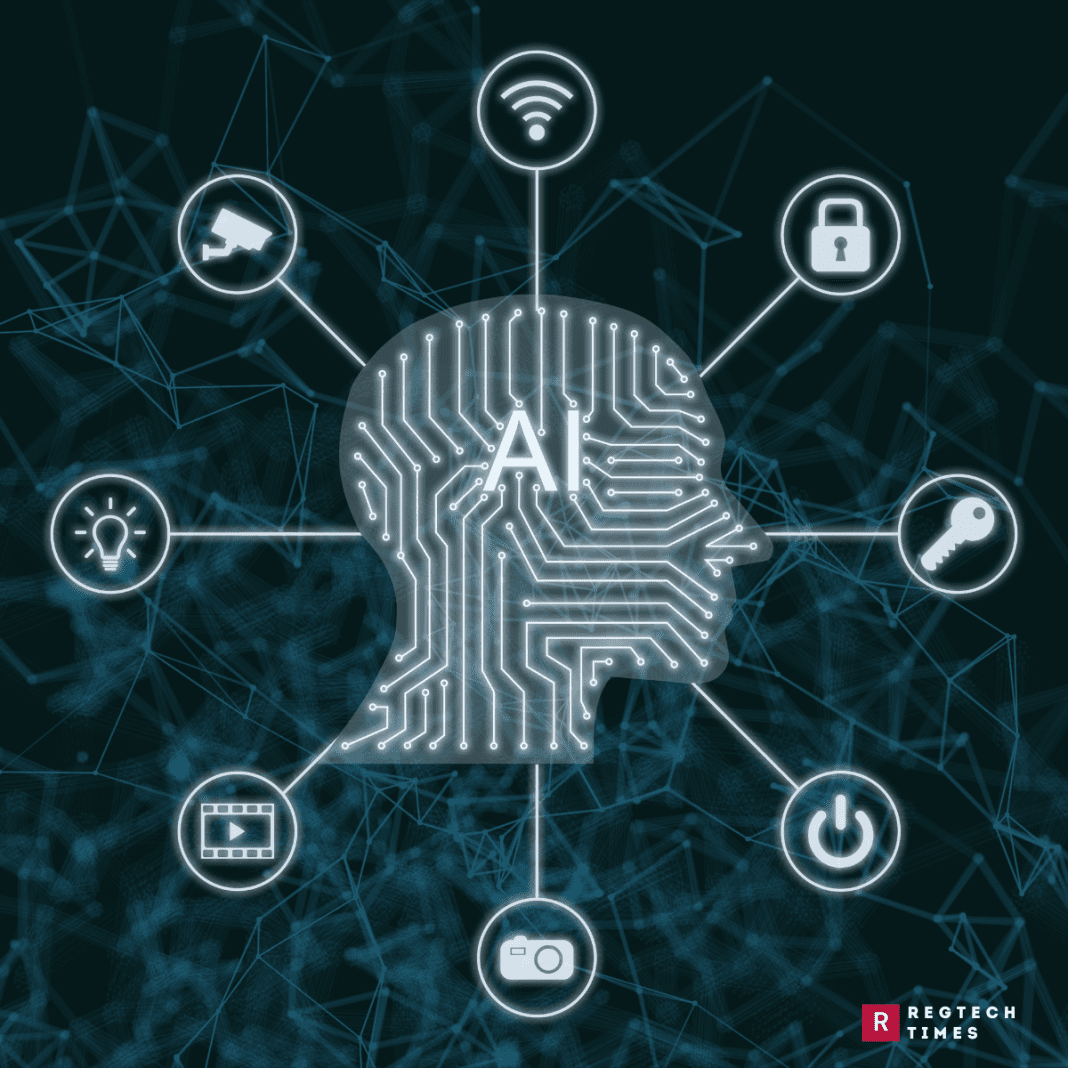In a time when artificial intelligence (AI) is influencing every aspect of life, including healthcare and education, the European Union has made history by passing the AI Act. This ground-breaking law, which was approved by the EU Parliament with a resounding majority, represents a thorough approach to regulating the developing area of artificial intelligence (AI), striking a balance between safety and ethics while promoting innovation.
The AI Act represents a considerable consensus on the need to set clear norms and protections in the quickly expanding digital ecosystem, with 523 votes in favor and only 46 against. The powerful AI models that have pushed the limits of technology, including Google’s Gemini and OpenAI’s GPT-4, are the focus of the legislation. The EU hopes to reduce possible risks, such as mishaps and cyberattacks, by concentrating on these high-risk AI systems, guaranteeing that advances in AI benefit society.
Transparency is the fundamental principle of the AI Act. In order to comply with severe EU copyright regulations, developers of AI systems are now compelled to reveal the data used in training their algorithms. This openness also applies to high-risk items, such as educational programs and medical equipment, which have extra requirements to guarantee their dependability and safety. This action encourages developers to be accountable as well as confidence in AI technology.
The EU’s determination to uphold these laws is demonstrated by the serious repercussions of breaking the AI Act. Businesses that violate the legislation risk steep fines, which can reach $8.2 million to $38.2 million, or 1.5–7% of their global revenue. These fines send a strong message to AI providers about the significance of compliance and the EU’s concern about the responsible development and application of AI.
Another pillar of the AI Act is consumer protection. Deepfake photos and chatbots must be properly labelled, which increases customer knowledge and autonomy in an era where it is becoming harder to tell actual material from AI-generated information. The Act also takes a strong stand against some AI applications, outlawing emotion recognition software in social, educational, and workplace contexts as well as predictive policing. Additionally, it limits the use of real-time facial recognition technology by law enforcement to instances involving serious crimes and places it under strict judicial review.
The AI Act is a declaration of purpose by the European Union to set the standard for AI ethics and regulation globally, rather than merely a set of regulations. The EU’s AI Act acts as a model for responsible innovation while conversations about comparable rules take place throughout the globe, especially in nations like China, the US, and India. It summarizes a vision of a time when artificial intelligence (AI) technologies are created and applied in ways that are transparent, safe, and advantageous to every member of society. By establishing these guidelines, Europe helps to improve the global trajectory of AI research while simultaneously safeguarding its citizens.




